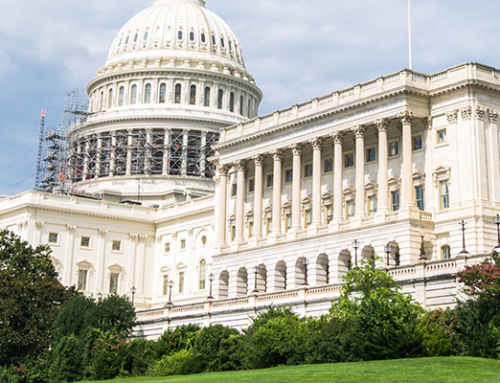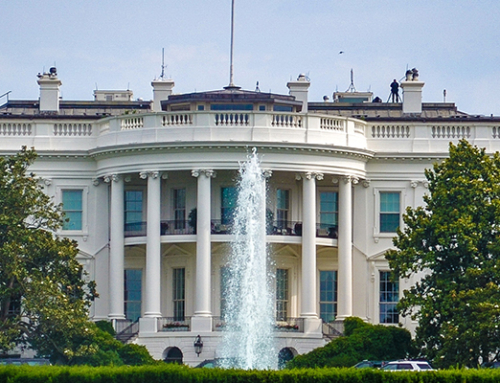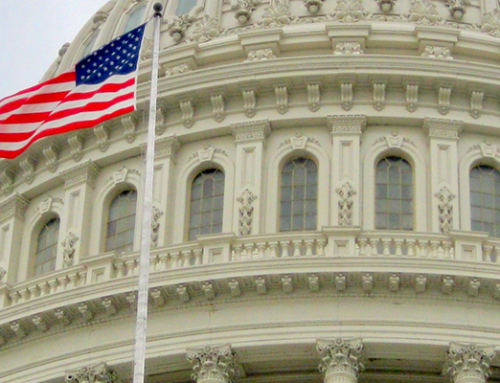Attention is needed to Charging and Rates
Many State UI agencies had difficulty managing the dramatic increases in unemployment compensation claims arising from lay-offs and the recession. Just as states are catching up with UI benefit payment issues, many are also having difficulty matching charges with employer accounts. The additional $600 payment required under Section 2104 of the CARES Act and the state by state emergency orders “non-charging” employers accounts have created complexity with little time to make changes in systems.
State unemployment insurance taxes on average for 2021 and 2022 are likely to increase, and employers and states should be careful in reviewing charges to employer accounts to comply with federal and state law.
In most states, contribution rates for 2021 are based on claims experience for the year ending June 30, 2020. States are now faced with the difficult task of reconciling the benefits paid with employer account charges and/or other accounts identified for COVID-19 related claim payments. State unemployment compensation charge statements should be closely reviewed with respect to a number of questions related to federal and state law and special COVID-19 related provisions, including:
- The extra $600 paid as Federal Pandemic Unemployment Compensation (FPUC) under Section 2104 of the CARES Act should not be charged to employer accounts. This applies not only to the most recent separating employer accounts but also to non-separating base period only chargeable accounts. The $600 charge may not show up as a separate charge but may me included in total charges.
- Employer accounts should not be charged for unemployment compensation related to COVID-19 as provided in Executive Orders from Governors and/or state legislation adopted to provide relief from COVID-19 related unemployment claims.
Requests for relief of charges should be submitted in a timely way to state UI agencies to enable corrections to be made as early as possible to avoid long-term impacts on experience rate computations.
Contribution rates for 2021 that are typically released in November should be reviewed for timely appeal.
Unfortunately, the delay in payment of unemployment compensation and the complex programming required for proper charging of employer accounts may take time to sort out. Employers and states should be working through these details to assure that the appropriate charges, payments and contribution rates are determined under the applicable law.
Many state UI trust funds have been depleted and this may trigger solvency tax increases and interest on Title XII federal loans. Even if there is non-charging of benefits to individual employer accounts due to COVID-19 there may also be increases in 2021 and 2022 due to the impact of lower average payroll used to determine rates. The extent of additional taxes for 2021 may not be determined until the end of 2020.






